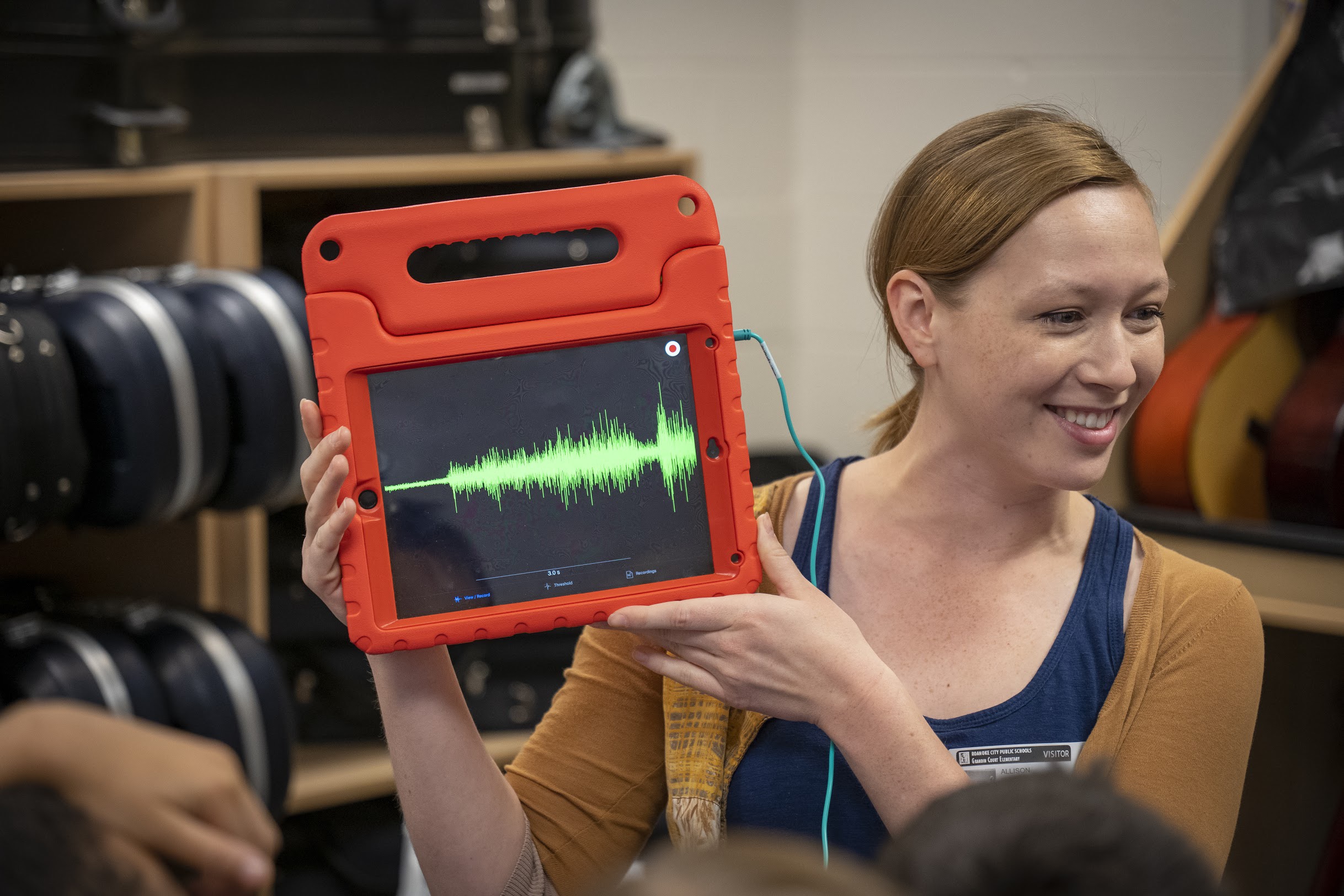WHAT WE DO
The Campbell Lab studies mechanisms that underlie dysfunction in neuron and glia cells that produce abnormal synchronous activity and neuronal hyperexcitability, in the pediatric and adult brain. One goal is to identify unconventional biomarkers that may serve as therapeutic targets to treat refractory epilepsy. An accumulating body of research implicates the involvement of the gut microbiome in the development of various neurological diseases including epilepsy. We are interested in deciphering the role of the gut microbiota and its metabolites in seizure susceptibility in acquired and idiopathic epilepsies. Our laboratory also studies mechanisms involved in glioma-induced seizures using mouse models of pediatric glioma. We utilize a variety of methodologies including electrophysiological techniques to probe changes in the function of neuronal circuits, synapses, modern molecular approaches and 16s sequencing. Ultimately, our goal is to identify mechanisms by which the gut microbes affect seizure activity and then develop deliberate manipulation of the gut microbiota as a therapeutic strategy to ameliorate seizures.



